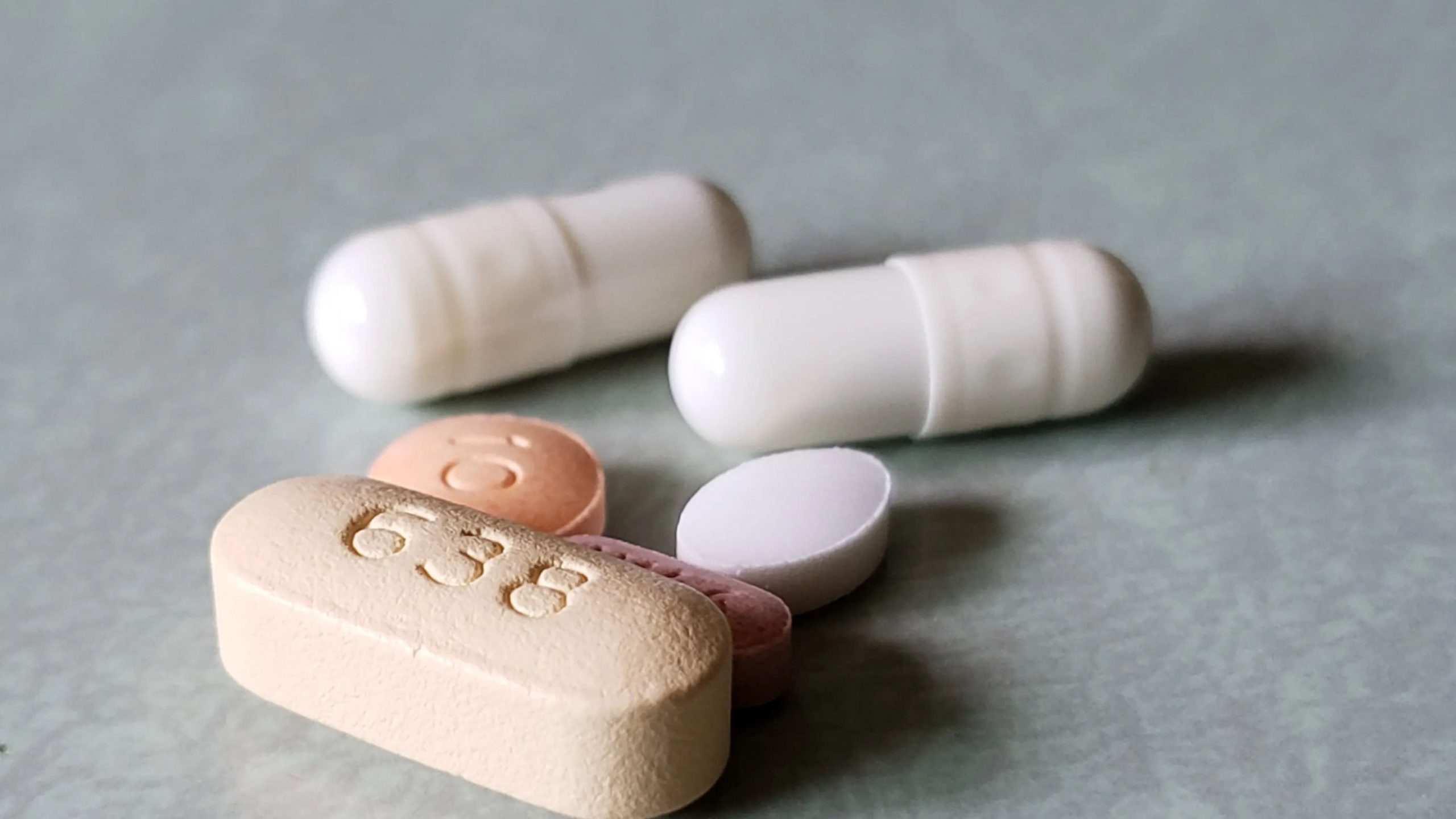Pfizer Inc and Merck & Co Inc have come up with experimental antiviral pills that have demonstrated promising efficacy in trials of adults with COVID-19 who are susceptible to serious illness.
Here are the differences between the two pills.
Which of the new pills works better?
The trial data provided by the two companies indicate that Pfizer has the more effective pill, but they have not yet provided complete data.
Pfizer announced on Friday that trial results showed that its pill minimised the chance of hospitalisation or death by 89% in COVID-19 patients at risk of severe illness when given the treatment within three days of the onset of symptoms and by 85% when given within five days.
Also Read | US government cancels vaccine maker’s multimillion dollar deal: Report
Merck announced on October 1 that its pill reduced the likelihood of hospitalisation or death by about half in patients at risk of severe illness who received its treatment within five days of onset. It did not provide data on how many patients received the pill within three days of onset of symptoms.
What is the significance of these drugs?
While there are a number of vaccines available to prevent infection, including one manufactured by Pfizer, there are few treatment options for people infected with COVID-19.
Also Read | Turning point in battle, says Biden after CDC approves Pfizer for kids
How do they function?
Both medications are given for five days. Pfizer’s regimen consists of three pills taken in the morning and three pills taken at night. Merck’s medication is taken in the form of four pills in the morning and four at night.
Pfizer’s drug belongs to a class of drugs known as protease inhibitors, which are designed to inhibit an enzyme required by the coronavirus to multiply. According to Pfizer, because the drug targets a part of the virus required for replication, the pathogen cannot develop resistance to the treatment.
Pfizer’s drug is administered in combination with ritonavir, an older antiviral that increases the activity of protease inhibitors but can cause gastrointestinal side effects and interfere with other medications.
Merck’s pill, developed in collaboration with Ridgeback Biotherapeutics, is a nucleoside analogue with a mechanism of action that aims to introduce errors into the virus’s genetic code. Because the drug causes random mutations in the virus, the coronavirus has a difficult time evolving and becoming resistant.
What do we know about safety?
Both companies have only released limited information about the treatments, but they are confident about their safety.
According to Pfizer, approximately 20% of patients who received either the pill or a placebo experienced adverse events, most of which were minor. Serious side effects were reported by 1.7% of drug recipients and 6.6% of placebo recipients.
Merck reported that 12% of patients receiving its drug and 11% of patients receiving a placebo experienced drug-related adverse events.
What do we know about supplies?
Pfizer and Merck have stated that they are working to increase global access to the drugs. Pfizer mentioned that it expects to produce more than 180,000 courses of its therapy by the end of this year, with at least 50 million planned for 2022.
Merck has stated that it expects to manufacture 10 million courses of its drug by the end of this year, with at least 20 million expected in 2022.
Which costs more?
Merck has a $1.2 billion contract to supply 1.7 million courses of its drug to the United States – or about $700 per course.
The United Kingdom has secured 250,000 courses of Pfizer’s drug, but the prices for the British contracts have not been disclosed.







